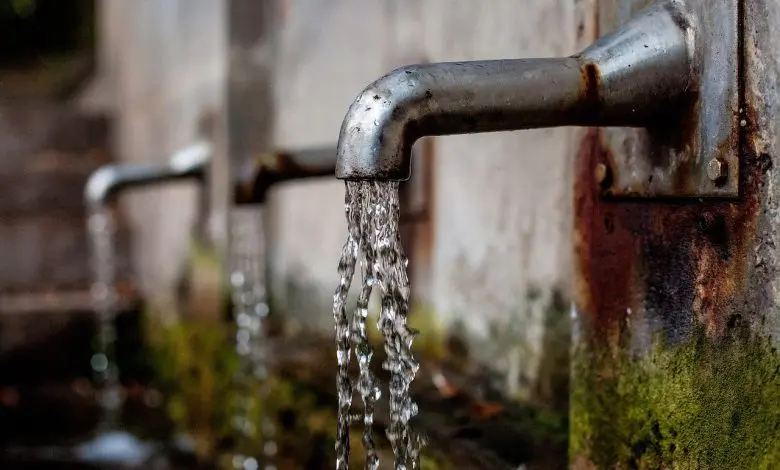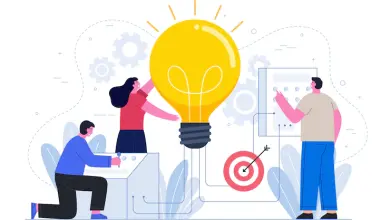How Hard Water Can Damage Your Air Conditioning Unit?

Hard water is a common household challenge that often remains unnoticed until it causes considerable damage. While its negative effects on plumbing and appliances are well-known, the impact on your air conditioning (AC) system is equally significant yet frequently overlooked.
Have you noticed a chalky film on your glasses? Is there scale buildup around your faucets and showerhead? Are your skin and hair unusually dry despite the season? These visible signs indicate that your home may be dealing with hard water.
Many homeowners are still unaware of what hard water is and its potential consequences.
Here’s a concise guide on the hidden dangers of hard water and how it can lead to costly damage to your AC system.
- The Basics of Hard Water
Before exploring its effects on your air conditioner, it’s important to understand what hard water entails. Hard water contains elevated levels of minerals, primarily calcium and magnesium. These minerals gradually accumulate in plumbing systems and appliances, causing various issues.
Water hardness is typically measured in parts per million (ppm), with higher ppm values indicating harder water.
- Scaling and Mineral Deposits
A major concern with hard water in your AC unit is the buildup of scale and mineral deposits. As your air conditioner cools the air, it also extracts moisture. When hard water is present, minerals can precipitate out and cling to the cooling coils and other internal components.
This mineral buildup acts as an insulating layer, reducing heat transfer efficiency and forcing your AC to work harder to maintain the desired temperature.
- Reduced Cooling Efficiency
Scale deposits on your AC’s parts impair its ability to cool effectively. When cooling coils are coated with minerals, their heat exchange performance diminishes, resulting in less effective cooling.
This inefficiency causes your AC to consume more electricity, leading to higher energy bills. It’s advisable to immediately contact professional ac repairs pittsburgh pa to assess and resolve the issue promptly.
- Corrosion and Component Damage
Hard water doesn’t only cause scaling; it can accelerate corrosion in your air conditioner. The minerals interact with metal surfaces, promoting rust and deterioration.
Such corrosion weakens the structural integrity of your AC unit, potentially leading to expensive repairs or premature equipment replacement.
- Impact on Lifespan and Maintenance Costs
Over time, hard water-related damage can drastically reduce the lifespan of your air conditioner. Mineral deposits and corrosion contribute to frequent breakdowns and elevated repair expenses.
Consequently, you may face ongoing maintenance costs and inconvenience from recurrent service calls. Therefore, consulting with water softener installation sioux city ia becomes essential if you detect hard water problems in your home.
Bottom Line
While hard water might seem benign, its effects on your air conditioner can be extensive and costly. Scale accumulation, decreased cooling efficiency, corrosion, and higher maintenance expenses emphasize the necessity of tackling hard water issues promptly.
Installing a water softener system or utilizing descaling solutions can mitigate these challenges, extending the life of your AC unit and enhancing home comfort and energy efficiency.
Understanding the financial impact of hard water and recognizing its warning signs is the first step. The most effective preventive measure is installing a reliable water softener. This not only safeguards your plumbing but also protects your washer, dishwasher, and water heater from mineral buildup-related damage. Additionally, a softened water supply prevents issues like soap scum deposits on shower surfaces and unsightly mineral scaling on faucets, ensuring a cleaner, healthier home environment.
For homeowners looking to maintain optimal AC performance and reduce energy consumption, regular inspection and maintenance targeting mineral buildup are vital. Incorporating water treatment solutions can improve overall appliance longevity, decrease repair frequency, and promote a more sustainable and cost-effective household. When hard water is managed effectively, it contributes to a more comfortable living space and lowers long-term expenditures related to home systems.





